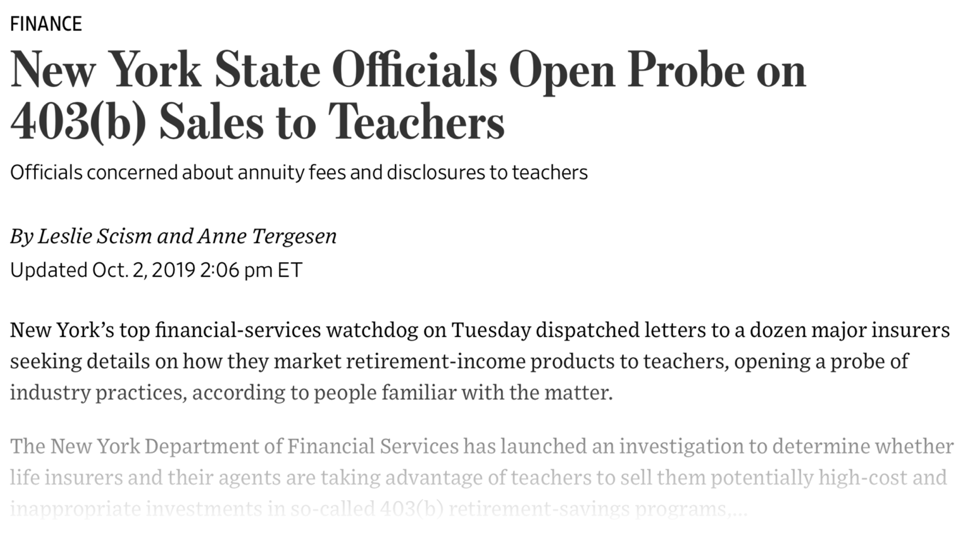Your fiduciary responsibility to your plan participants includes periodically evaluating your plan’s recordkeeper to ensure their processes facilitate the correct execution and reporting of transactions, adherence to federal and state regulations, in addition to the reasonableness of fees in relation with the quality of services provided. With that said, it is important to periodically assess your current recordkeeper. Learn more about the role a plan recordkeeper plays and some of the factors plan sponsors should consider when choosing and evaluating a recordkeeper.
Securing Retirement Plans: Cybersecurity Best Practices
Trillions of dollars are held in US retirement accounts, according to the Investment Company Institute. This tremendous value in assets is a tempting target for those seeking to compromise personal data or gain access to these accounts. And with plan participants becoming increasingly reliant on mobile apps and online platforms to access and monitor their retirement funds, it seems that more cyberattacks on retirement plans are inevitable in our digital world. Plan sponsors and their fiduciaries should consider taking proactive steps to protect their participants and their plan assets. We review retirement plans cybersecurity best practices that plan sponsors should consider to adhere to safeguard against cyberattacks.
403(b) Sales Practices in Question
Over the past few months, we have seen several news stories that raised concerns about insurance companies and their retirement plan sales practices. For example, here is an article that was published in late 2019 by The Wall Street Journal:

Based on the investigations that have reportedly been launched by the New York Department of Financial Services, as well as the Securities and Exchange Commission (SEC), how should retirement plan sponsors respond?
A Closer Look at Funds and Fees
Meeting Your Fiduciary Responsibilities
Managing a 403(b) plan isn’t easy. Since 2006, the Department of Labor’s regulation of 403(b) plans has become increasingly complex and time consuming. Recent regulations, in effect since 2012, are the fee disclosure regulations, which require schools to determine if the fees paid to investment managers and retirement plan service providers are “reasonable.” Unfortunately, the Department of Labor did not create a template or checklist for plan sponsors, so this interpretation is sometimes challenging.
Tips for Your Annual Retirement Plan Checkup
As a new year approaches, now is the opportunity for plan sponsors to review their retirement plans to ensure that they’re legally compliant and up to date. From increases in annual contribution limits to sweeping changes to the IRS regulations governing hardship distributions, an annual review should be conducted to even the most well-crafted plan. Read on for some helpful tips that can make your annual retirement plan checkup as streamlined and stress-free as possible.
- 1
- 2
- 3
- …
- 5
- Next Page »





